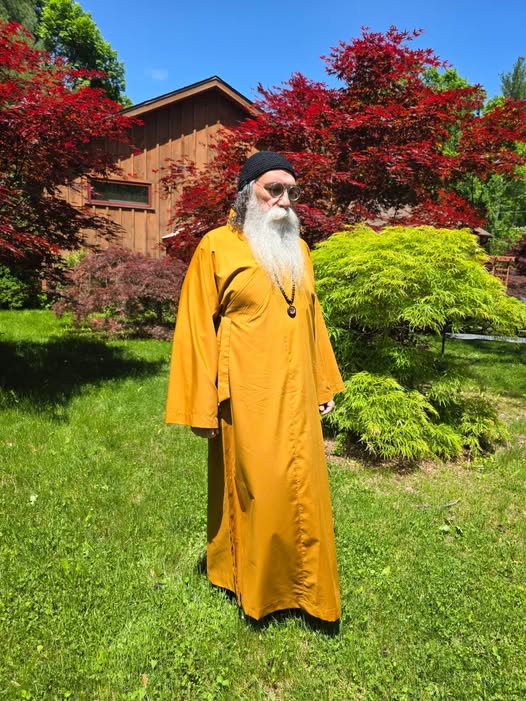“There is no need to rush the process or anticipate its outcome. The essential is already within you. You are not incomplete: you are potential waiting to be realized, not a deficit to be corrected. The seed does not design the tree it will become. Its entire future morphology—leaves, flowers, fruits—is contained in its original architecture. It does not project: it allows the unfolding to happen. Likewise, human beings do not construct their destiny through individual will, but rather accompany a direction inherent in their most intimate structure. They do not need external intervention, but rather internal conditions that favor development: sustained attention, watchful silence, non-reactive receptivity. Organic growth does not obey commands or require instructions: it emerges from within if the environment allows it. Attempting to guide the process of individuation through closed doctrines or prescriptive rituals interferes with its flow. It introduces dissonance between what is implied and what is imposed. It fragments the continuity of becoming. Consciousness cannot expand if it is subjected to fixed forms. It is the ratio universalis—not private intention—that legitimately guides us. As the Stoics affirmed, the logos spermatikós structures from within, without violence.
Human beings are not born as finished, complete entities. They are an opening, an ontological orientation in progress. At their core lies a tendency that aspires to a mode of existence beyond the restrictions of the egoic nature. This transformation does not require inherited beliefs or imposed renunciations. It does not demand external regulations or institutional validation. It requires a willingness to let this internal dynamic act without interruption.
Any demand for guarantees prevents transition. If the seed needed certainty before breaking its shell, it would remain inert. If the bird avoided leaving the egg for fear of the unknown, it would remain motionless. Growth is incompatible with the search for absolute security. It requires exposure to risk, passage through uncertainty, renunciation of the known. Transformation implies vulnerability, but without it, no expansion is possible. Those who wait for infallible promises become paralyzed. The only authentic certainty is the possibility that dwells within you. To be realized, this potential requires deliberate openness and suspension of control.
ὁ δὲ θεὸς παιδὶ ἐοικώς, παίζων πεσσεύων· παιδὸς ἡ βασιληίη.
“God is like a child playing dice; sovereignty belongs to the child.”
(Heraclitus, fr. DK 52)
The divine does not act as the engineer of a predetermined order. It does not execute a plan or impose an external purpose. It behaves like a free player who creates without calculation. Heraclitus introduces here an image that destabilizes all metaphysics of predictability: the sacred operates without rigidity, through a structuring spontaneity that needs no justification.
Entering into this logic requires abandoning the pretense of mastery and assuming a lucid surrender. Remaining attached to the shell of personal convictions prevents flight. Freedom does not emerge from control, but from trust in an orientation vaster than the autonomous self.
Ἐγγὺς ἐστὶν ὁ λόγος, ὁν ἀνθρώποι διατελοῦσιν ἀγνοοῦντες.
“The Logos is near, but men continually ignore it.”
(Heraclitus, fr. DK 72)
Truth is neither distant nor inaccessible. It dwells in immediacy, but becomes indiscernible when proof is demanded, when prior certainty is desired. The accumulation of knowledge does not guarantee access. Openness, on the other hand, does make it possible. Only those who abandon resistance mature. Only those who yield to this silent dynamic attain a broader state of being.
No agonizing effort or compulsive asceticism is required. It is enough to allow that original structure to express itself without interference. Transformation does not come from voluntaristic imposition, but from lucid consent. It is not achieved through confrontation, but through availability. Nature is sufficient. Trust in it’s knowledge.
Prabhuji




